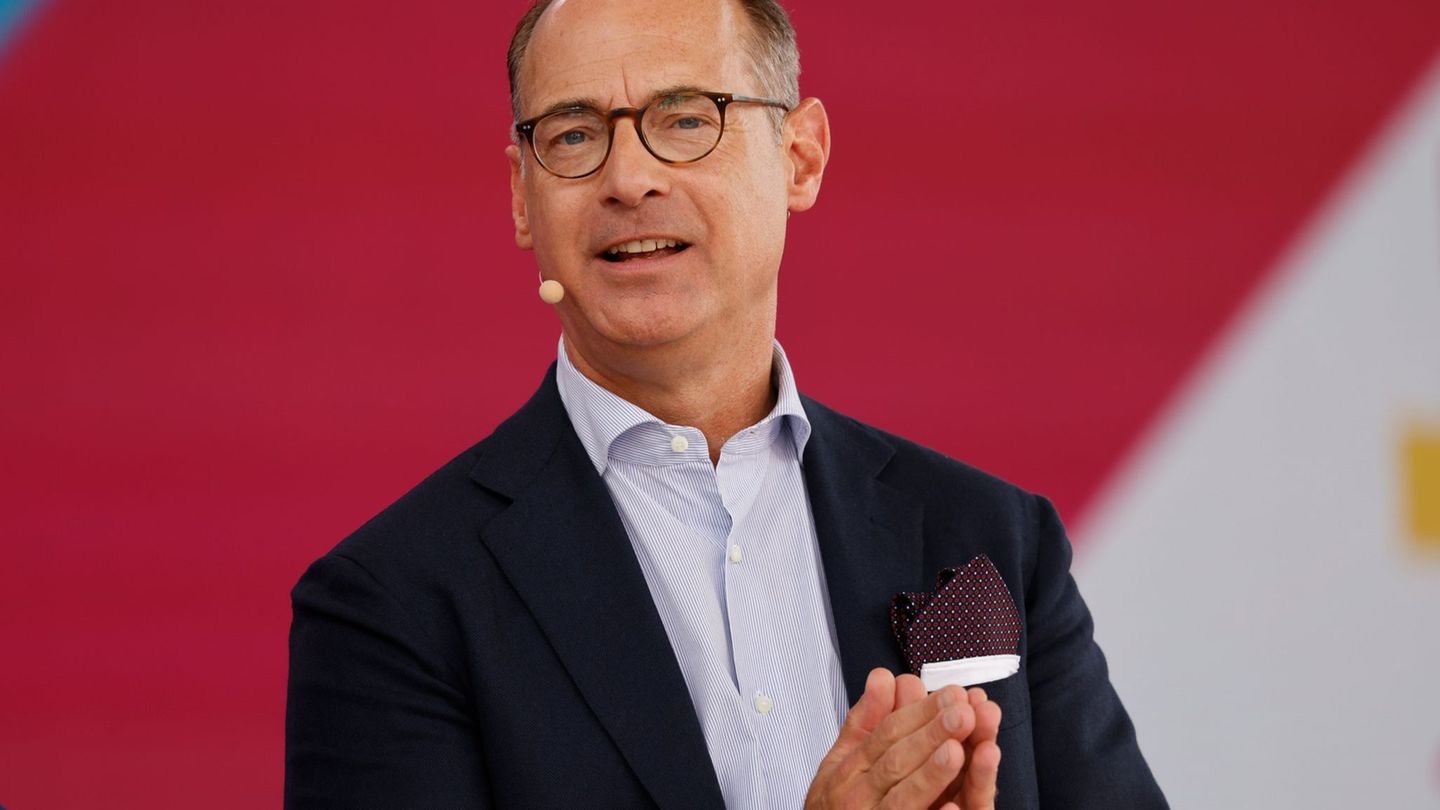The UK could soon offer financial incentives to pregnant women for quitting smoking during pregnancy. However, the women also have to prove their abstinence.
The NHS estimates that around one in ten women in Great Britain also smokes during their pregnancy. In Germany, according to estimates by the Federal Ministry of Health, it is 13 percent – the number of unreported cases is, however, significantly higher. This is an alarming number, because smoking during pregnancy increases the risk of miscarriages and premature births, often leads to a significantly low birth weight in the newborn and possibly also to an increased risk of cancer in the child.
British health experts therefore want to convince pregnant women to quit smoking at least for the period of pregnancy. Where the health arguments do not help, financial incentives should now serve as additional motivation. The National Institute for Health and Care Excellence (NICE), an institution of the Ministry of Health, recommends giving pregnant women shopping vouchers if they give up smoking.
Smoking during pregnancy: voucher as an incentive to quit
Vouchers with a value of up to 400 pounds, the equivalent of more than 460 euros, are under discussion. Even women who do not remain smoke-free during the entire pregnancy can benefit from the offer: there are ten pounds per week. So far it has only been a proposal from the institute that still needs to be discussed at the political level. However, a NICE survey has shown that for every thousand women to whom the offer is made, 177 would quit smoking.
“We must use every means to reduce the number of smokers,” says Paul Crisp, who is responsible for health guidelines at the National Institute for Health and Care Excellence: “This includes education, behavioral support, financial incentives and e-cigarettes when people use them want to use. ”
Proof by carbon monoxide test
Gynecologists and midwives should inform expecting mothers about the offer at the beginning of their pregnancy. In order to receive the vouchers, women must participate in a recognized non-smoking program and also prove by means of a regular carbon monoxide test that they have not smoked in the recent past. The vouchers should be valid in supermarkets, for example, but not for goods such as alcohol or cigarettes.
Experts expect the voucher model to be particularly successful because it has been empirically proven that young mothers and women from socially disadvantaged backgrounds smoke particularly frequently during pregnancy. Nicotine consumption accounts for half the life expectancy difference between the poor and the richer, NICE said.



